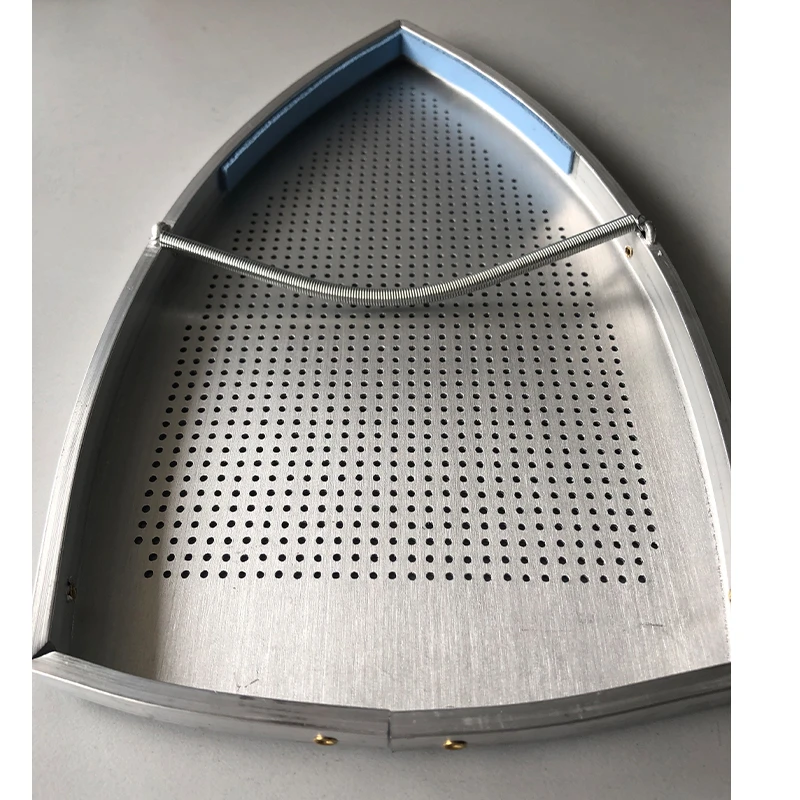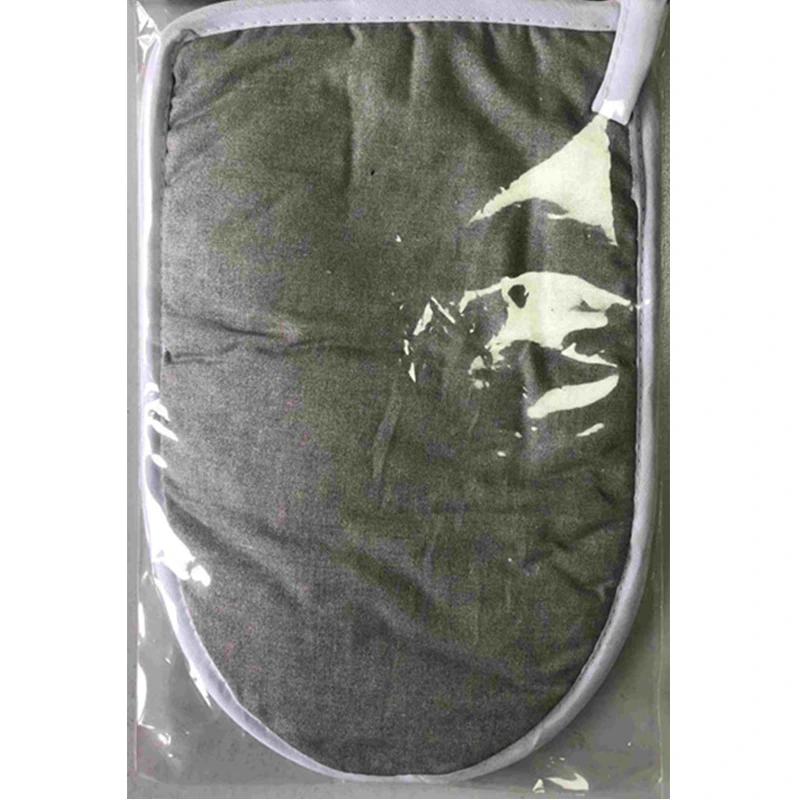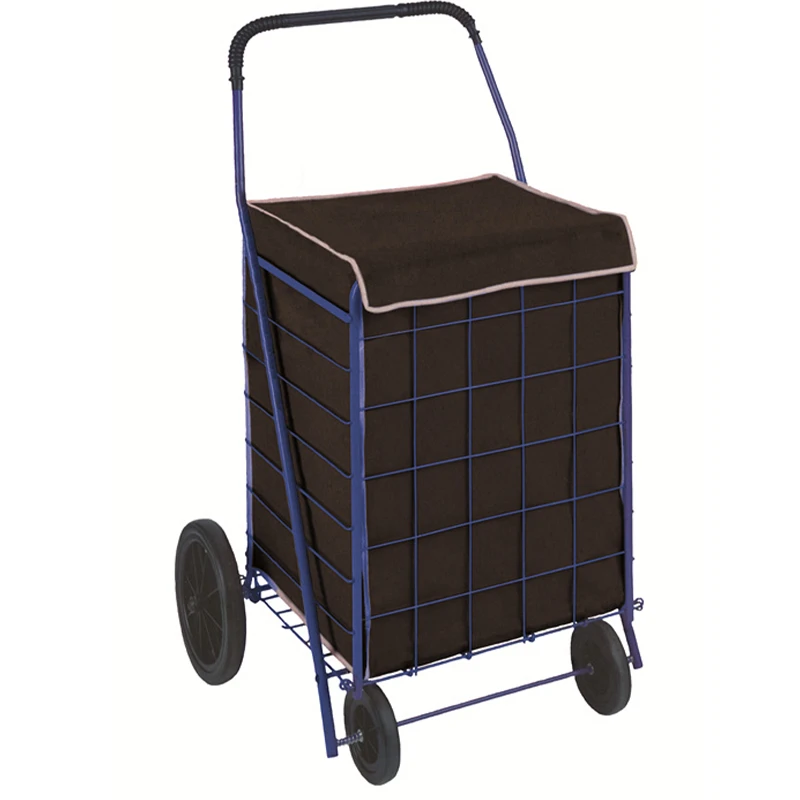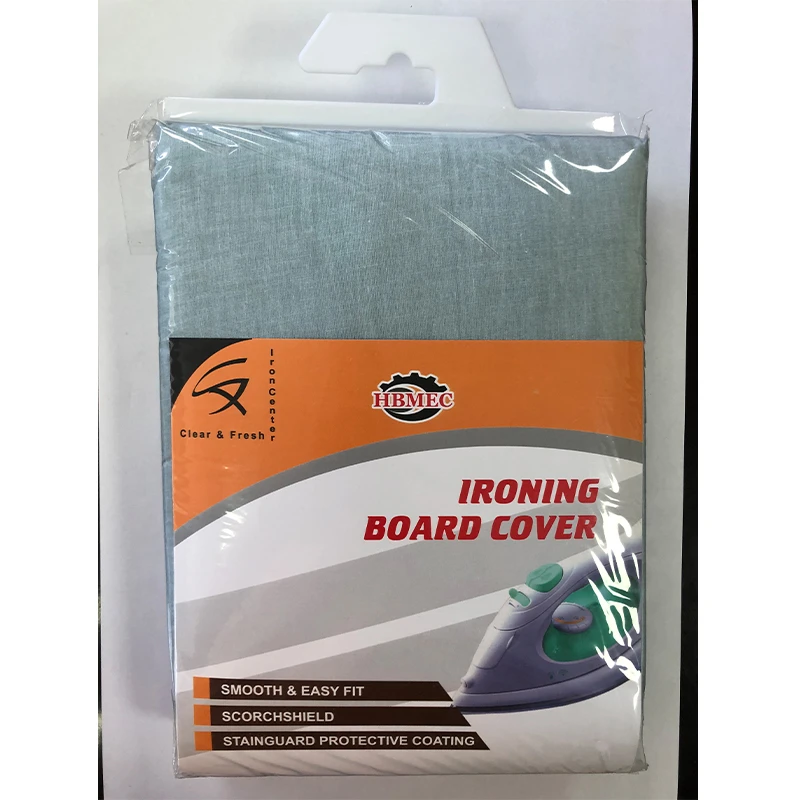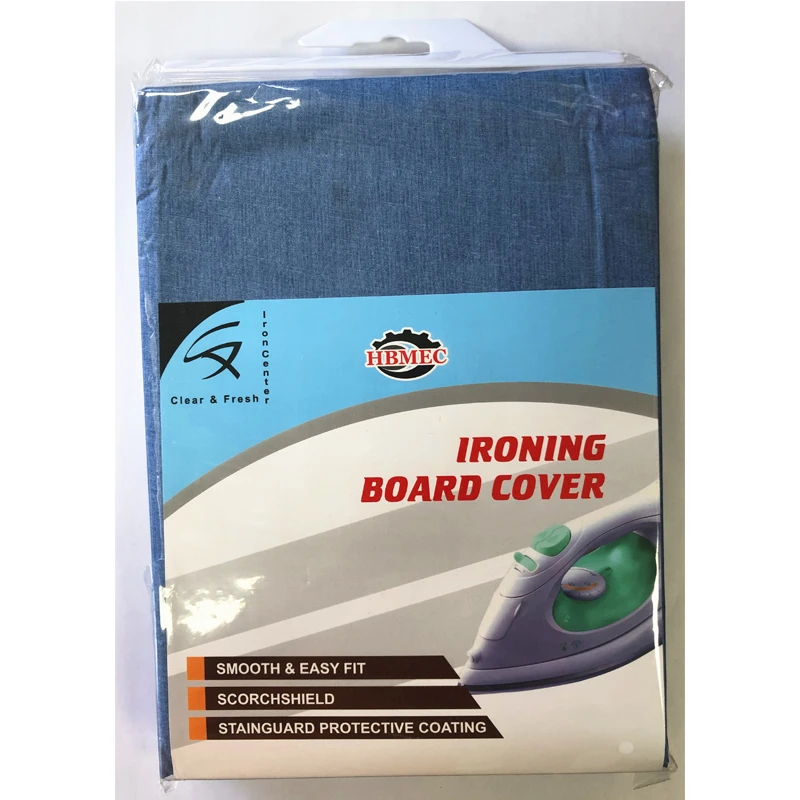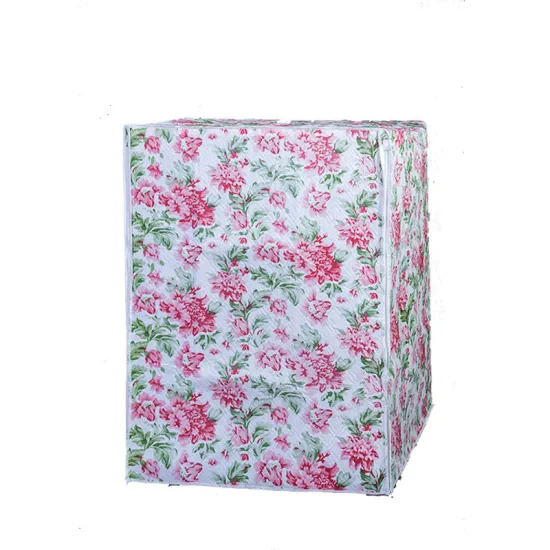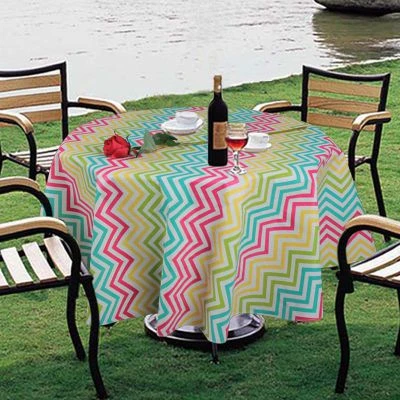Creative Ideas for Coloring Your Tablecloth for Any Occasion
The Art of Coloring Tablecloths A Guide to Transforming Your Dining Experience
In the ever-evolving world of interior design, the dining area has emerged as a focal point for personal expression and creativity. One of the simplest yet most impactful ways to enhance this space is through the use of colored tablecloths. While it may seem like a minor detail, the choice of tablecloth color can significantly influence the ambiance of a meal, making coloring tablecloths a delightful art form worth exploring.
Understanding Color Psychology
Before diving into the process of selecting and coloring tablecloths, it’s essential to understand the fundamentals of color psychology. Colors evoke emotions and set the tone for any environment. For instance, warm colors such as red, orange, and yellow stimulate energy and appetite, making them ideal for dining rooms. Cool colors like blue and green, on the other hand, evoke calmness and serenity, which might be more suitable for a relaxed brunch setting.
Choosing the Right Fabric
The journey of coloring a tablecloth begins with selecting the right fabric. The most common materials for tablecloths are cotton, linen, and polyester, each offering unique benefits. Cotton is breathable and easy to dye, making it an excellent choice for bold colors. Linen, with its natural texture, adds elegance and is ideal for more muted tones. Polyester, known for being stain-resistant, can be a practical choice, especially for families with children.
Techniques for Coloring Tablecloths
Once you’ve chosen the fabric, it’s time to delve into the various techniques for coloring. Here are some popular methods
1. Dyeing This traditional method involves immersing the entire tablecloth in a dye bath. This technique is perfect for creating a uniform color and can be used to achieve vibrant hues. Make sure to follow the instructions on the dye package and pre-wash the fabric to ensure even coloring.
coloring tablecloth
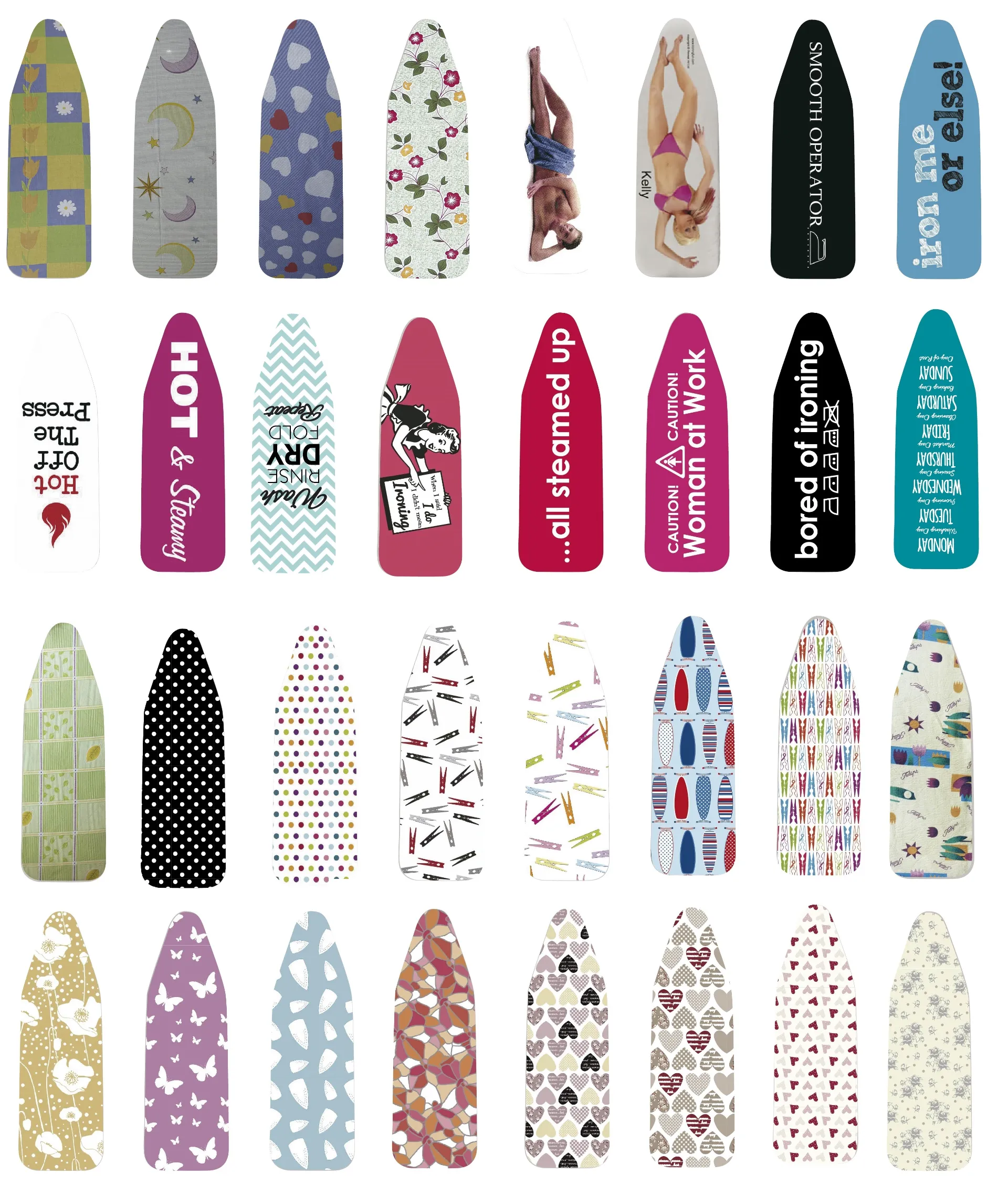
2. Tie-Dyeing For those who love a more playful and artistic touch, tie-dyeing offers a fun and creative approach. By tying sections of the fabric before dyeing, you can achieve unique patterns and designs. This method is particularly popular for casual dining settings, adding a splash of whimsy.
3. Fabric Paints If you wish to create patterns or designs on your tablecloth, fabric paints are an excellent option. Using stencils or freehand techniques, you can personalize your tablecloth with intricate motifs, seasonal designs, or even family monograms. Just remember to heat-set the paint for durability.
4. Batiking This ancient method involves applying wax to the fabric before dyeing. The wax resists the dye, allowing for beautiful, detailed designs. Batiking is a labor-intensive process, but the results can be stunning, turning your tablecloth into a work of art.
Care Instructions for Colored Tablecloths
Once your tablecloth is beautifully colored, proper care is essential to maintain its vibrancy. Wash the tablecloth in cold water with a mild detergent to prevent fading. Avoid bleach as it can alter the fabric's color. For longevity, it's advisable to air-dry or tumble dry on low heat. Additionally, consider using a fabric protector spray to help repel stains.
Creating the Perfect Atmosphere
The final step in utilizing your newly colored tablecloth is to set the perfect dining scene. Pair your tablecloth with complementary dinnerware, centerpieces, and candles to create an inviting atmosphere. For instance, a bright yellow tablecloth can be beautifully accentuated with white dishware and fresh flowers, while a deep blue cloth may look stunning with silver accents and candles.
Conclusion
In summary, coloring tablecloths is more than just a decorative choice; it’s a means of expressing your personality and enhancing your dining experience. Exploring various coloring techniques and understanding the psychology of color can transform an ordinary meal into a memorable event. So, whether you’re hosting a family gathering, a festive celebration, or an intimate dinner, a well-chosen, beautifully colored tablecloth can make all the difference. Dive into this artistic journey, and let your dining table reflect your unique style.
-
Shopping Cart Liners A Professional GuideNewsJul.31,2025
-
Professional Heat Glove for Hair Styling EssentialsNewsJul.31,2025
-
Key Aspects of Ironing Board CoversNewsJul.31,2025
-
Innovations in Iron Shoes for Enhanced Fabric CareNewsJul.31,2025
-
Elevating Laundry Rooms with Washing Machine Hider SolutionsNewsJul.31,2025
-
Choosing the Right Cover for Dining TableNewsJul.31,2025
-
The Future of Footwear: Self-Cleaning Teflon Iron ShoesNewsJul.04,2025


